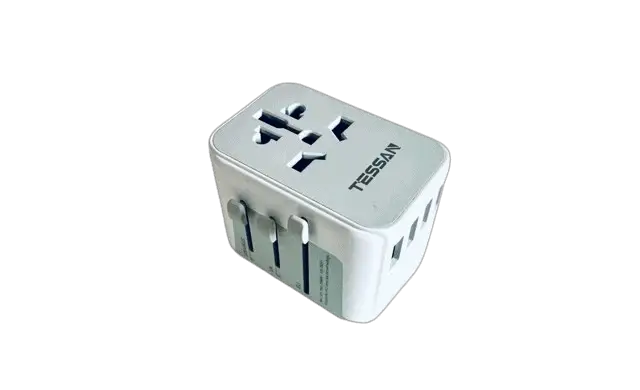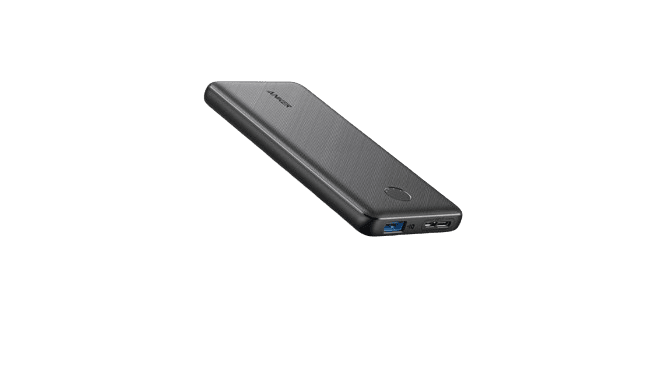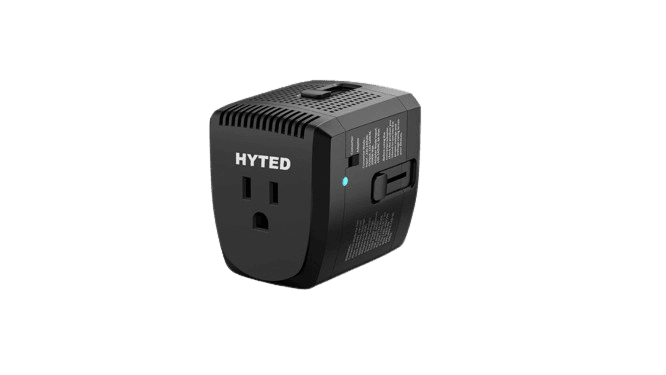When traveling overseas, and especially for the first time, you might ask yourself some basic questions like “Is the tap water in Japan safe to drink?”. It’s true that most people only think of the places to visit and what to see, but when you know ahead that you are doing lots of walking in Japan, it is perfectly normal to plan how to stay hydrated (among other things). Usually, when you’re going for a long walk, you stop to drink from the tap or to fill your bottle, but what about Japan? Is tap water in Japan safe to drink?
The tap water in Japan is perfectly safe to drink, even if the taste differs from one region to another. Some people are still afraid of the effects of radiation caused by the Great East Japan Earthquake of 2011, but tap water passes over 50 controls to be considered safe.
Even if tap water is safe to drink, not everyone in Japan drinks directly from the tap and there are a few things you should know in advance. Let me explain to you all you need to know by going straight to the point.
What Should I Know About Japan’s Tap Water?

The first thing you need to know is that tap water in Japan is considered soft water. When defining water, we often use the hardness level, which is simply an indication of the minerals’ quantity dissolved in the water. Soft water will have fewer amounts of calcium, magnesium, etc., while hard water will have more.
Tap water from the United States and most European countries is considered as hard water, so you will probably notice a difference when drinking soft tap water from Japan. Hard water isn’t difficult to find, but only in bottled mineral water. You can search for Evian for instance, a brand that is also available in Japan.
Another interesting fact about Japanese tap water is the belief that many Japanese dishes are delicious because of the soft water used in cooking. I don’t know if this is true because there’s no hard tap water in Japan, but the food is indeed delicious. 🙂
If you’re worried about water contamination or something like that, you must know that tap water in Japan has to pass several quality control tests and meet 51 criteria to be considered safe. Bottled mineral water, on the other hand, only needs to meet 18 criteria. I guess this makes it pretty clear that the water system is well-controlled.
Hey, check out these recommendations I have for you!
Before going any further, take a look at some of the recommendations I've handpicked for you. I think these are essential items you should have on your trip to Japan. You can check them out and buy them directly from Amazon.

|

|

|
| A universal travel adapter | A 10,000 mAh power bank | A travel adapter and converter |
Dreaming of Japan? Here’s your go-to guide for a great trip.
Download Free Guide
Also, the Japanese government is very transparent with the results, and these are regularly published. Anyone willing to know the present quality of the water in Tokyo can check it at any time using the Bureau of Waterworks website.
Tap water is largely available in public spaces, and especially tourist sites, so you will probably never run out of water. There will be signs showing if the water can be drunk or if it is just for washing hands. I use the app “MyMizu” to find water points easily.
You may also like:
Do I Need an Adapter in Japan?
Safe Doesn’t Necessarily Mean Tasty

This is a little tricky because, for some people, water is just water and doesn’t have any taste. For me, water has a different taste in different regions. Even in my own country, I find that water tastes different if I visit another region. For some unknown reason, some people can’t see the difference in taste while others do…
I don’t like hard water because, for me, the taste is too strong. Japanese soft tap water, however, has a milder flavor, making it easy to drink. The problem is that if someone is used to drinking only hard water, it might be difficult to try Japanese tap water. I guess that Americans will probably notice the difference since American tap water is mostly hard water (85% according to a U.S. Geological Survey).
Just like in your own country, the taste of Japanese tap water varies from one region to another. You won’t find the same water in Tokyo and Nikko or Kyoto, for example. Generally, people tend to say that water has a strong chlorine taste or smell in big cities, in comparison with the taste in rural areas of Japan. This might happen because rural areas are much closer to the water source than the cities. Since water has to “travel” longer distances to get to the cities, and it’s probably stored during longer periods, I guess it will need more treatment to be drinkable.
But don’t think that all city water is the same. Big cities like Tokyo have different sources of water and this means different types of treatment to make it drinkable. For example, the water from the Tamagawa River is pretty clear and requires less treatment, so if you drink water from a tap that uses this source, you will probably find it good. Unfortunately, the Tamagawa River only represents 20% of Tokyo’s tap water. The rest 80% require much more treatment.
In Japan’s mountainous regions, tap water is a source of pride, so it might be a good idea to taste some if you get the chance to visit some of these areas.
The Japanese Bureau of Waterworks did a little experiment with foreigners by making them try tap water and mineral water. Their answers are extraordinary, so check this quick video.
Do Japanese Drink Tap Water?
Even if it is common to drink tap water throughout Japan, not everyone drinks directly from the tap. There are two reasons for this: the taste and the fear caused by the Great East Japan Earthquake of 2011.
Insider tips for your Japan trip. Quick, easy, and free!
I Want This
As I mentioned before, the water can have a strong taste or smell, especially in big cities. To solve this problem, the Japanese normally boil tap water before drinking it or just use any kind of filter system. So if you’re worried about the water in Japan, you can do the same.
The other reason that keeps some Japanese away from tap water is the fear of radiation. Even if there were traces of radiation in 2011 after the earthquake, that’s no longer the case. But for some reason, some Japanese kept this idea in mind, and it’s hard to let go.
Also, bottled water is pretty popular in Japan. There are several brands and some of them have different flavors that you have never seen. There are so many colors when you approach a vending machine in Japan that it is difficult to choose just one drink. If you have never seen a Japanese vending machine with all the colorful bottles, Amazon has some drinks you will usually find in Japan.
Conclusion
Now you have some useful information about the water in Japan. You know that you can drink water from the tap, but you might find it a little different if you are used to hard water in your country. The water is better in the mountains, so if you’re visiting the mountainous regions of Japan, give it a try. It would be silly to spend money on a free resource, and drinking tap water is also good for the planet because there’s less waste if you use a refillable bottle.
Some final tips on water for your travel:
- When water has a strong smell, boil water to remove chlorine (but be warned that it will remove minerals too)
- Avoid using hot water directly from the faucet (risk of high levels of lead)
- Avoid using tap water for baby feeding bottles




I’m so glad I found this article! So helpful… I’ve been worried about this!
Hello Kat,
I’m really happy that you found this article helpful!
Thanks for reading 😉